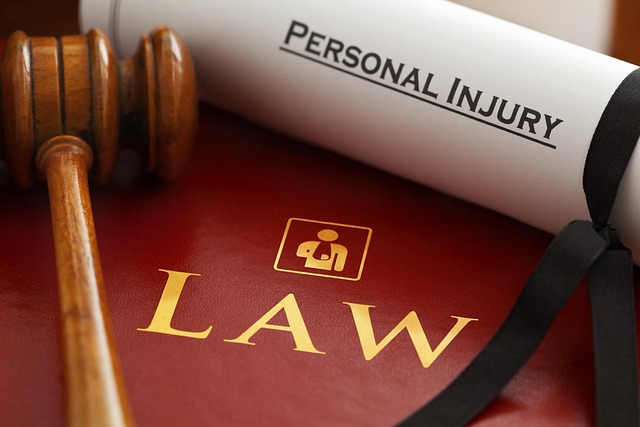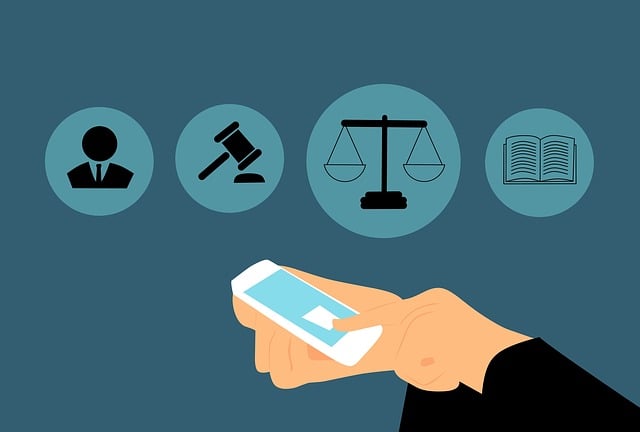Teen Driver Rehabilitation programs equip young drivers with crucial knowledge about their rights during traffic stops, addressing anxiety and promoting safer practices. These programs educate teens on limiting questioning beyond basic info, maintaining composure, and actively listening to officers, ensuring fair treatment and successful rehabilitation outcomes. Through workshops, counseling, and mentorship, Teen Driver Rehabilitation fosters confidence, defensive driving skills, and understanding of traffic laws specific to young drivers, ultimately enhancing road safety.
Traffic stops can be stressful, especially for teen drivers navigating legal protections for the first time. Understanding your rights is crucial for a safe and fair encounter with law enforcement. This article guides teens through the process, explaining their entitlements and offering strategies for effective communication. Learn how to document and challenge unjust stops, ensuring your rights are respected. Additionally, discover valuable resources for rehabilitation and support tailored for teen drivers facing traffic-related issues.
- Understanding Your Rights During a Traffic Stop
- The Impact of Teen Driver Age on Legal Protections
- Communicating Effectively with Law Enforcement Officers
- Documenting and Challenging Unjust Traffic Stops
- Resources for Teen Drivers Seeking Rehabilitation & Support
Understanding Your Rights During a Traffic Stop

During a traffic stop, as a driver, especially a teen behind the wheel, it’s crucial to be aware of your rights and responsibilities. In many jurisdictions, law enforcement officers must have a reasonable suspicion or probable cause to initiate a stop. This means they can’t pull you over simply because you look young or make an illegal turn—there needs to be an indication of potential wrongdoing. Once stopped, you have the right to remain calm and polite; however, you’re not required to answer any questions beyond providing your basic information like name and license. It’s wise to remember your rights and politely decline to answer voluntary questions that might seem invasive or unrelated to the initial stop.
Teen Driver Rehabilitation programs often emphasize these legal aspects to ensure young drivers understand their protections. Knowing what to expect during a traffic stop can reduce anxiety, promote safer behavior, and foster a sense of empowerment. Remember, staying calm and knowing your rights are essential skills for any driver, particularly teens navigating the learning curves of driving and the legal system.
The Impact of Teen Driver Age on Legal Protections

The age at which individuals gain access to driver’s licenses varies across jurisdictions, and this has significant implications for legal protections during traffic stops. Teens undergoing driver rehabilitation programs often face unique challenges when interacting with law enforcement during roadside encounters. At a younger age, they might lack experience in navigating these situations, potentially leading to misunderstandings or mistakes that could impact their rights.
Jurisdictions with lower driving ages may not have comprehensive provisions in place to safeguard the specific needs of young drivers and their rehabilitation processes. This can result in scenarios where a teenager’s rehabilitation efforts or privacy concerns are overlooked during a traffic stop. Thus, it is crucial for both law enforcement and teens embarking on driver training to be aware of these nuances, fostering a collaborative environment that ensures fair treatment and successful outcomes.
Communicating Effectively with Law Enforcement Officers

When interacting with law enforcement during a traffic stop, clear and respectful communication is key. Teens involved in driver rehabilitation should be reminded to remain calm and speak slowly and clearly. It’s important to listen attentively to the officer’s questions and instruct them of any specific needs or accommodations required due to their rehabilitation.
Using simple language and avoiding any aggressive or confrontational tone can help de-escalate potentially tense situations. Confirming understanding by repeating back what the officer has said is a good practice, ensuring everyone is on the same page. Remember, remaining composed allows for a more productive conversation and ensures your rights as a driver with special needs are protected.
Documenting and Challenging Unjust Traffic Stops

When a traffic stop occurs, it’s crucial for drivers, especially teen drivers undergoing rehabilitation, to know their rights and document the interaction. Taking notes during or after the stop can help challenge any perceived injustices. This includes noting the officer’s behavior, questions asked, and any discrepancies in their account.
Teen Driver Rehabilitation programs emphasize the importance of understanding and exercising these rights. By documenting stops, drivers can later cross-reference their memories and provide accurate accounts if needed. It empowers them to question unfair treatment and potentially prevent future misunderstandings or wrongful charges.
Resources for Teen Drivers Seeking Rehabilitation & Support

For teen drivers who find themselves facing traffic stops and potential legal issues, accessing support and rehabilitation is a crucial step towards responsible driving. Many resources are available to help young drivers understand their rights and receive guidance on improving their driving habits. One such resource is local teenage driver education programs that offer workshops and classes focused on defensive driving techniques and traffic law knowledge. These programs often provide a safe space for teens to ask questions and learn from experienced instructors.
Additionally, various non-profit organizations specialize in Teen Driver Rehabilitation, offering counseling, mentorship, and skills training to help young drivers overcome challenges related to traffic stops. These organizations understand the unique pressures faced by teenagers behind the wheel and tailor their programs accordingly. Through these resources, teen drivers can gain confidence, learn from mistakes, and develop a deeper understanding of road safety regulations, ultimately leading to improved driving outcomes.
Knowing your rights during a traffic stop is an essential aspect of responsible driving, especially for teens navigating the legal protections unique to their age group. Effective communication with law enforcement officers and documentation of any perceived injustices can help ensure fair treatment. For those facing challenges, the resources available for teen driver rehabilitation offer much-needed support. By understanding their rights and seeking appropriate assistance, young drivers can confidently navigate the road while ensuring a safe and positive driving experience.






